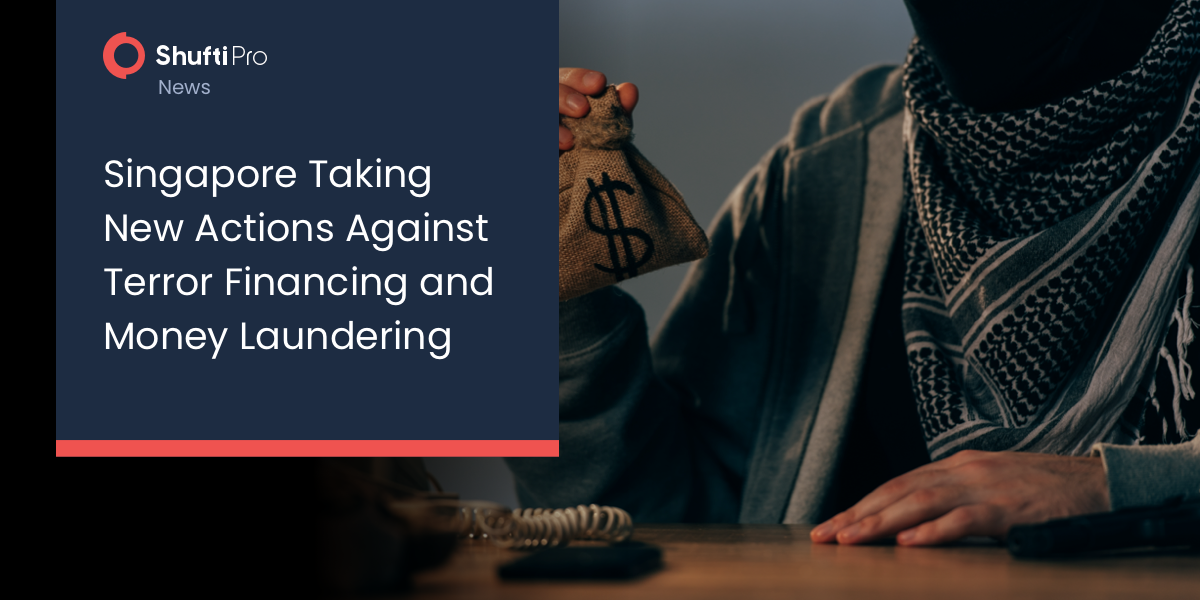Singapore Taking New Actions Against Terror Financing and Money Laundering

Singapore’s Parliament took improved measures against the financing of terrorism and money laundering actvities in Singapore. These changes have been made to the law that deals with virtual payment regulations.
With the revamping of these laws, the law governing digital payment tokens will also be strengthened. This law will ensure that the companies issuing the tokens must give protection to their users’ assets. The payment service bill was passed by the parliament after a two-hour break. With these changes, Singapore will now have to implement enhanced protocols for the service providers dealing with virtual assets, especially those dealing with cryptocurrency.
MAS (Monetary Authority Singapore) previously regulated cryptocurrency but the law has now been amplified.
Under this new law, the service providers who do not possess the cryptocurrency but facilitate cryptocurrencies must be regulated. This covers the transmission of cryptocurrency from one exchange to another, custodial service, and the exchanges where service providers do not possess the cryptocurrencies.
RT @complilearn: New measures against terror financing, money laundering, Singapore https://t.co/oJ1RZ3BqkA #AML #moneylaundering #KYC #financialcrime #crypto #cryptolaundering #cryptocurrency #GRC #law #risk #regulation #compliance #governance #CorpGov #BeSwitchedOn
— Corporate Governance (@CorpGovUK) January 5, 2021
Singapore’s transport minister who is also a board member of Singapore’s Monetary Authority, Mr. Ong noted,
“Global standards-setting bodies, regulators, and policymakers around the world are focused on addressing these risks. As a major financial center and fintech hub, Singapore has played an active role in shaping international standards, including at the Financial Action Task Force which sets standards for combating money laundering and terrorism financing risks.”
According to Mr. Ong, this bill will also improve the money transfer service across borders and to ensure the protection of consumer practice. Mr. Ong has also pointed out that risks related to the consumers are not current as of yet but as the industry is developing the consumer can face friction.

 Explore Now
Explore Now













